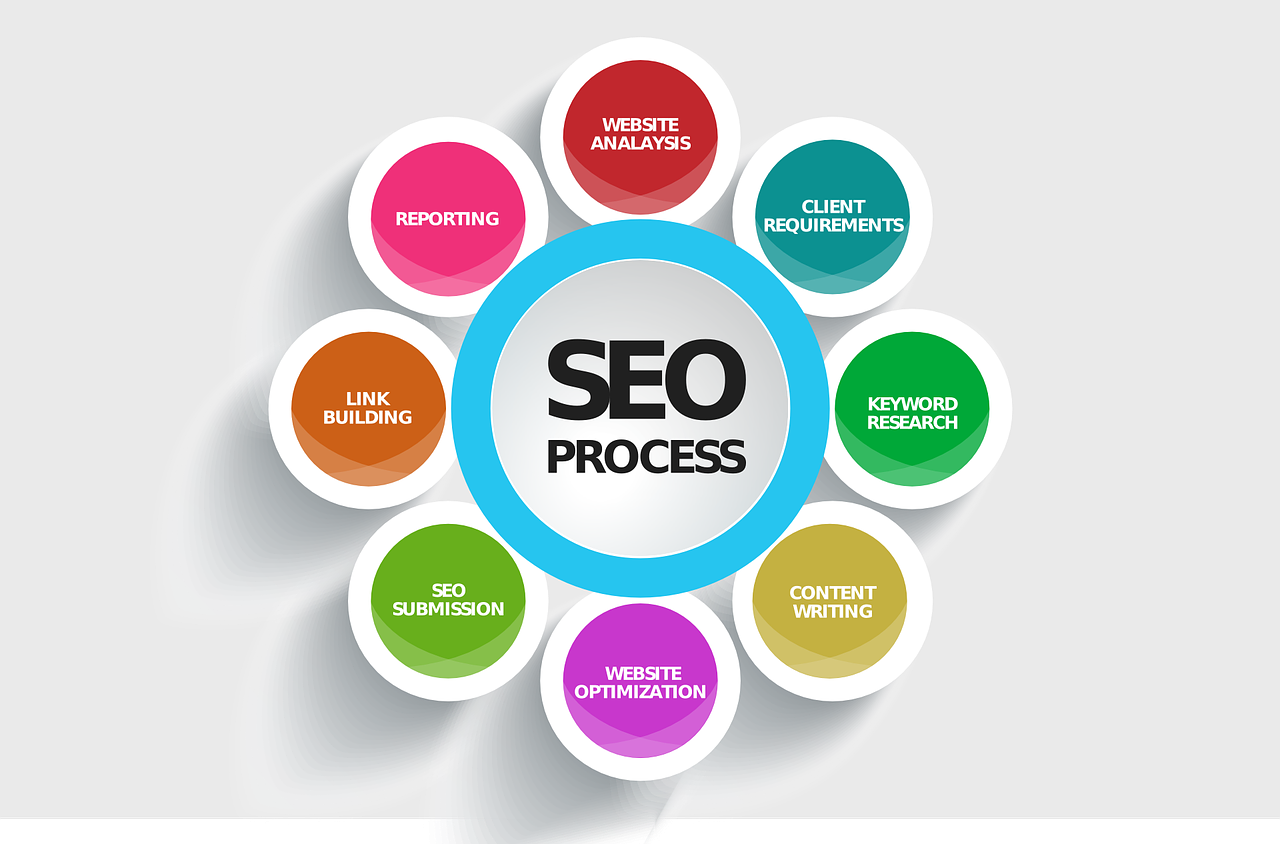In the dynamic realm of social media marketing, where trends change as swiftly as the scrolling thumb, the relevance of hashtags stands as a steadfast and powerful tool for marketers. These simple yet strategic symbols have become a cornerstone of modern digital marketing, helping businesses, influencers, and brands reach broader audiences, spark conversations, and enhance their online presence. In this blog, we’ll delve deep into the world of hashtags, uncovering their significance, and exploring how they can elevate your social media marketing efforts.
Understanding the Hashtag Phenomenon
The hashtag, symbolized by the pound sign (#), followed by a word or phrase (without spaces), was introduced to social media platforms in 2007 on Twitter. Its primary purpose was to categorize and organize content, making it easier for users to find and engage with discussions on specific topics. Over time, hashtags evolved into a versatile tool that extends far beyond categorization.
The Significance of Hashtags in Social Media Marketing
1. Enhanced Discoverability
Hashtags serve as a beacon in the vast sea of social media content. When users search or click on a hashtag, they’re presented with a feed of posts related to that topic. For marketers, this presents a golden opportunity to get their content in front of a relevant and engaged audience. When used strategically, hashtags can significantly increase your content’s discoverability.
2. Audience Engagement
Hashtags are a universal language of engagement on social media. When users encounter a post with a compelling or relatable hashtag, they’re more likely to interact with it by liking, sharing, commenting, or even following the account. Savvy marketers leverage trending and relevant hashtags to boost engagement and foster a sense of community around their brand or message.
3. Content Curation and Branding
Hashtags enable brands to curate and organize their content. By creating unique, branded hashtags, companies can encourage user-generated content (UGC), run contests, and build a loyal community of followers who associate their brand with a particular hashtag. A prime example of this is Coca-Cola’s #ShareACoke campaign, which prompted users to share photos of personalized Coke bottles.
4. Real-time Marketing
Trending hashtags offer a real-time window into what’s currently capturing the public’s attention. Savvy marketers can capitalize on these trends by incorporating relevant hashtags into their posts. This not only increases the reach of their content but also positions the brand as culturally aware and engaged.
Strategies for Effective Hashtag Usage
Using hashtags effectively in social media marketing requires a thoughtful approach. Here are some strategies to make the most of hashtags:
1. Research and Targeting
Before adding hashtags to your posts, research which ones are relevant to your industry, audience, and content. Tools like Hashtagify, RiteTag, and trends on Twitter can help you identify popular and trending hashtags.
2. Be Specific and Relevant
Avoid generic or overly broad hashtags that may attract a wide but less engaged audience. Instead, opt for specific and relevant hashtags that align with your content and target audience.
3. Mix Trending and Niche Hashtags
Balance your use of trending hashtags with niche or industry-specific ones. Trending hashtags can boost your content’s visibility, while niche hashtags help you reach a more targeted and engaged audience.
4. Create Branded Hashtags
Develop and promote unique branded hashtags that reflect your brand identity and encourage user participation. Monitor and engage with user-generated content featuring your branded hashtag.
5. Don’t Overdo It
While using multiple hashtags can increase your discoverability, an excessive number of hashtags can make your posts look spammy. Limit the number of hashtags to a reasonable amount (typically 2-5 on platforms like Instagram and Twitter).
6. Track and Analyze
Monitor the performance of your hashtag usage through analytics tools provided by social media platforms or third-party analytics software. Assess which hashtags are driving engagement and adjust your strategy accordingly.
Platform-Specific Insights
Each social media platform has its own unique hashtag dynamics:
1. Twitter: Twitter is the birthplace of hashtags, and they play a pivotal role in content discoverability. Trending hashtags are prominently displayed, making it essential to keep an eye on current trends.
2. Instagram: Instagram thrives on hashtags, allowing users to search, follow, and engage with them. Instagram’s Explore page also features posts based on users’ hashtag activity.
3. Facebook: Although Facebook supports hashtags, their impact is not as significant as on Twitter or Instagram. Still, using relevant hashtags can enhance your content’s visibility on the platform.
4. LinkedIn: Hashtags on LinkedIn can improve the discoverability of your posts within your professional network. They are especially valuable for B2B marketing and industry-specific content.
5. TikTok: TikTok’s algorithm relies heavily on hashtags. Using trending and relevant hashtags can help your videos reach a broader audience and go viral.
Challenges and Considerations
While hashtags offer numerous benefits, they also come with some challenges and considerations:
1. Overuse: Using too many hashtags or irrelevant ones can harm your content’s credibility and reach.
2. Spam and Misuse: Some users misuse hashtags for spam or unrelated content, which can clutter search results.
3. Trending Sensitivity: Jumping on trending hashtags without understanding the context or relevance can lead to backlash.
4. Platform Rules: Familiarize yourself with the rules and guidelines for hashtag usage on each social media platform to avoid penalties or account suspensions.
Conclusion
Hashtags remain a vital tool in the arsenal of social media marketers. They facilitate content discoverability, audience engagement, branding, and real-time marketing. However, effective hashtag usage requires strategy, research, and an understanding of platform-specific dynamics. By harnessing the power of hashtags in your social media marketing efforts, you can expand your reach, connect with your target audience, and propel your brand to new heights in the ever-evolving landscape of digital marketing. So, start crafting your posts, choose your hashtags wisely, and watch your social media presence soar.


